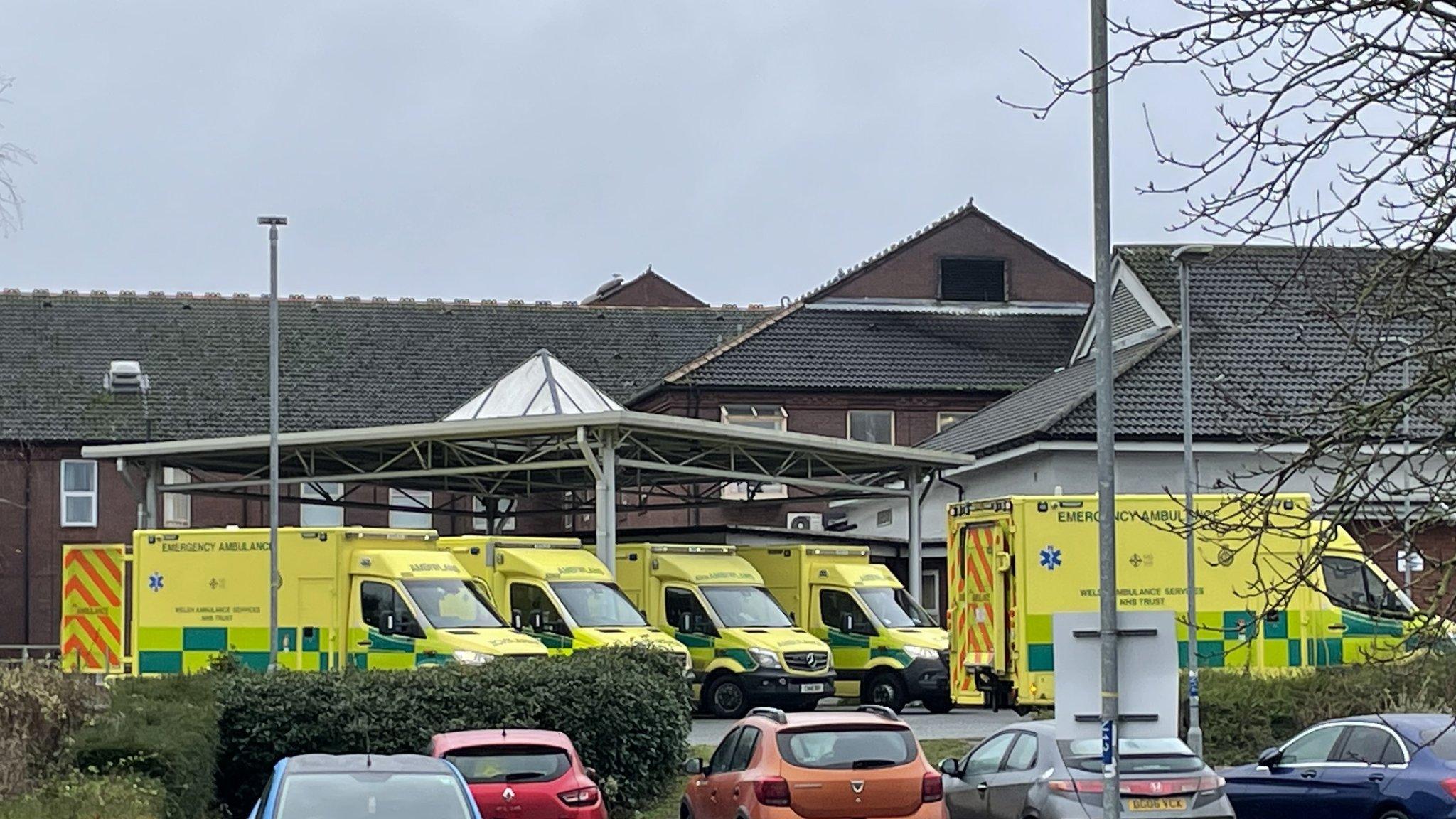Wales' health workers offered one-off payment to end strikes
- Published
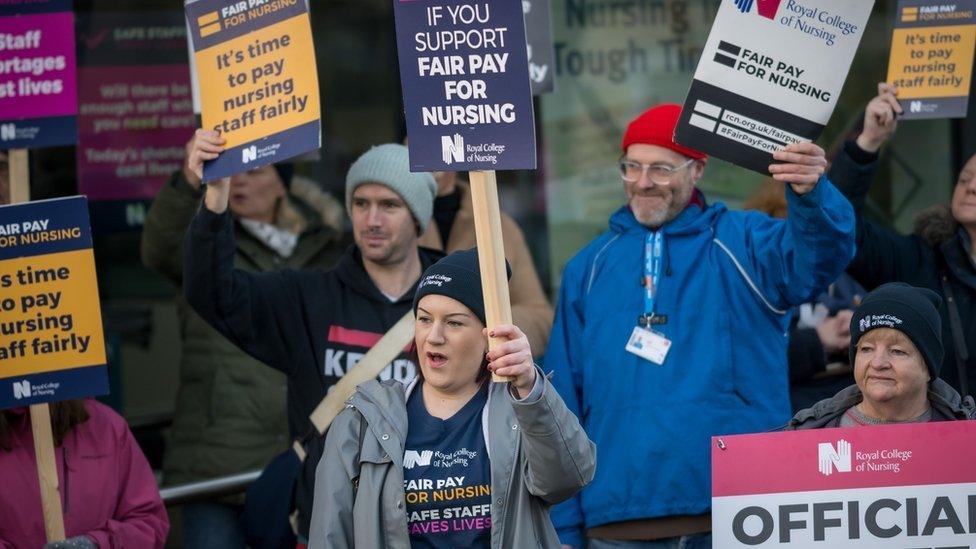
The nursing union has not ruled out further action after some staff took part in strikes before Christmas
Health service workers are being offered a one-off payment in an attempt to end the NHS strikes, the first minister has revealed.
Mark Drakeford said the Welsh government had written to trade unions, inviting them to meetings.
He said ministers could not afford to keep including extra money in people's pay packets after this financial year, which ends in April.
The Royal College of Nurses (RCN) has not ruled out further strikes.
Mr Drakeford said he hoped the one-off payment would be "a basis for negotiations".
A letter sent to unions on Friday "includes an offer of a one-off payment in the current financial year", Mr Drakeford told BBC Radio Wales' Sunday Supplement.
"What we cannot do - just simply haven't got the money to do - is to raise this year's offer in a way that gets consolidated in people's pay packets and goes on having to be paid for future years," he added.
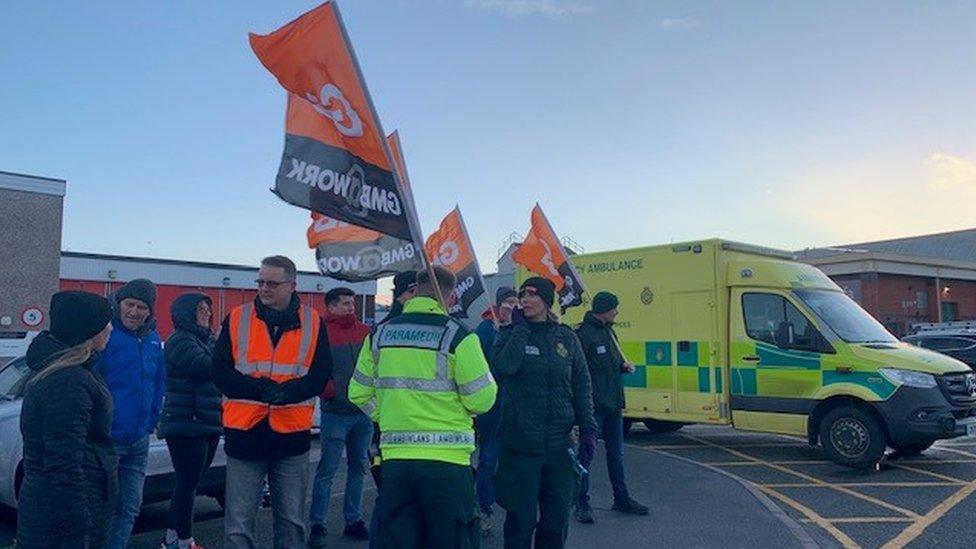
Ambulance workers' picket line at Llandudno in December
Cabinet ministers met over Christmas and discussed how to "free up money", he said.
"Now that's a basis for negotiation, I hope, and we invite our trade union colleagues to come in and be around the table with us next week."
Welsh ambulance workers plan to strike later this month and the nursing union has not ruled out further action after some staff walked out before Christmas.
The Welsh government has offered NHS staff a pay rise of between 4% and 5.5%, but the RCN is seeking a 19% increase.
The RCN Wales said earlier this week it was willing to meet the Welsh government halfway in a pay deal.
Ministers have previously said paying more would mean diverting money from front-line services at a time when hospitals face long waiting lists.
Health Minister Eluned Morgan told BBC Radio Cymru's Bore Sul programme that cabinet ministers had been "working hard on a package for this financial year".
"We've looked again at our budgets to see if there's anything extra we can offer, and we'll be discussing this with the unions next week," she said.
"What we can't do is offer any additional money for next year."
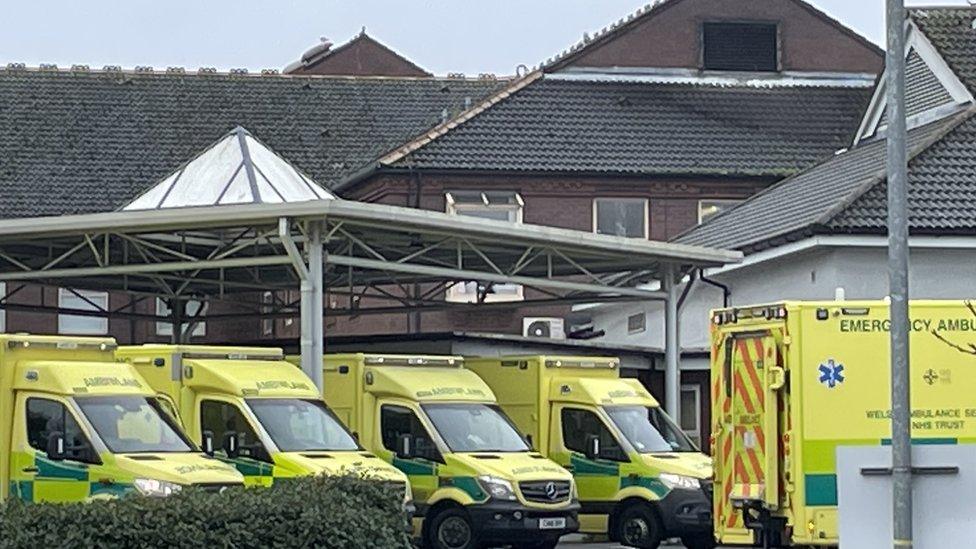
Ambulances outside Wrexham Maelor Hospital
Last week, the chief executive of NHS Wales apologised to patients who have had a poor experience.
To ease the pressure, the Welsh government has advised senior NHS staff to discharge people who are well enough to leave hospital, even if arrangements to care for them at home have not been finalised.
Social care issues have been blamed for forcing people to endure long stays in hospital.
Mr Drakeford said the Welsh government would look again at the idea of asking people to pay more social care through a special levy, or tax.
The idea was drawn up a few years ago by the economist Gerald Holtham, but was later shelved.
"We will be looking at it," Mr Drakeford said.
"It's not without its complexities. Again, nobody should think that it's a simple solution.
"But I think it has some attractiveness about it because people would know that the money they are contributing is not being used for today's needs or for general purposes."
Plaid Cymru leader Adam Price said it was "a matter of priorities".
He added: "A one-off payment does not address the long-term undervaluing of our NHS workforce and does nothing to address the crisis of recruitment and retention.
"We will simply be back again to square one when next year's pay negotiations begin in a matter of a few weeks."
- Published7 January 2023
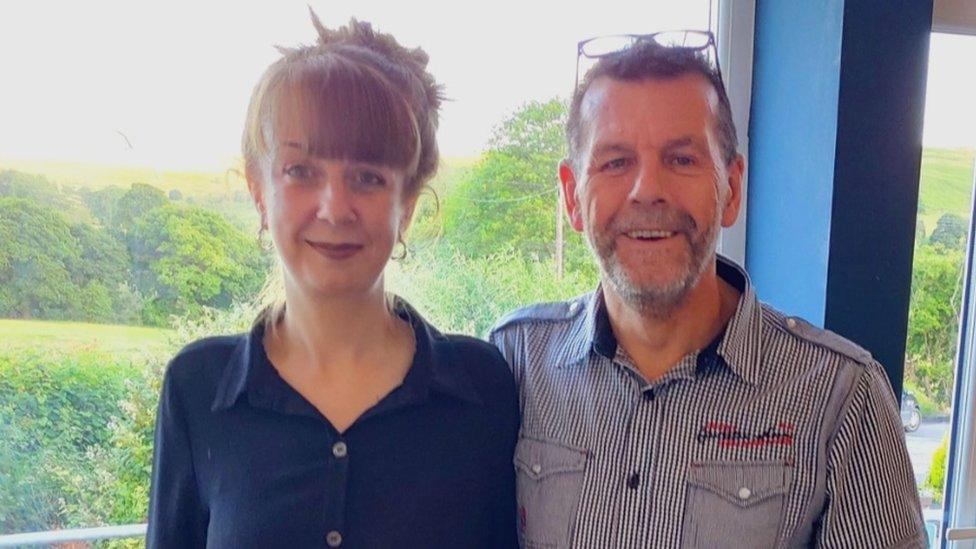
- Published6 January 2023
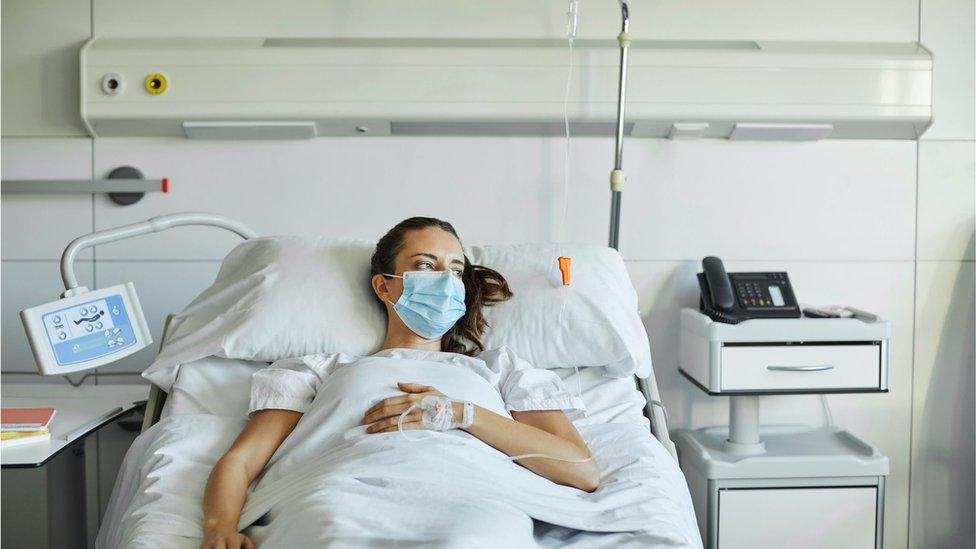
- Published6 January 2023
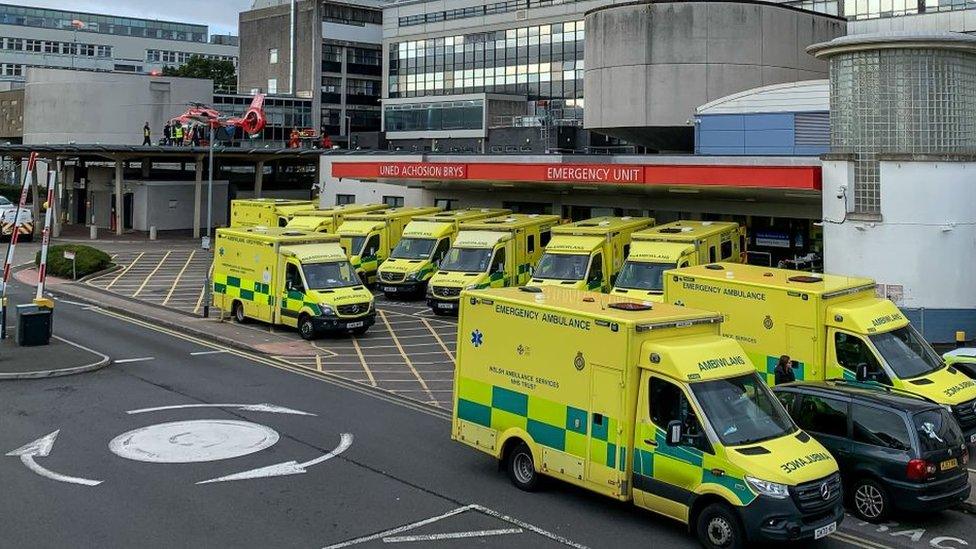
- Published6 January 2023
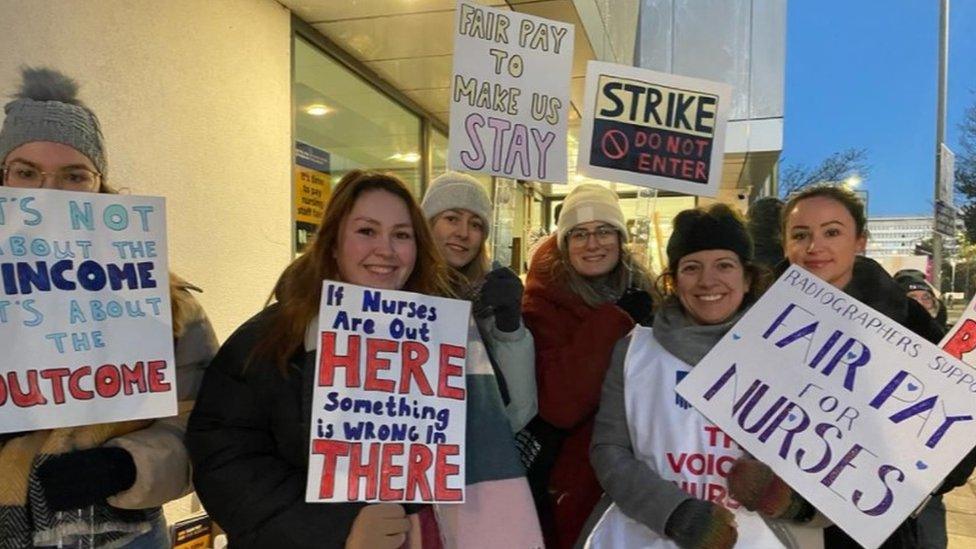
- Published5 January 2023
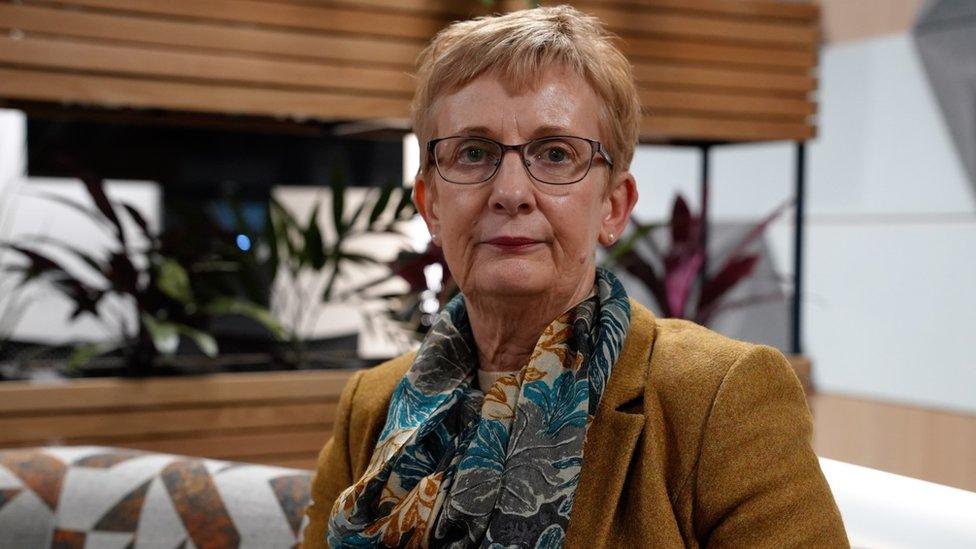
- Published4 January 2023
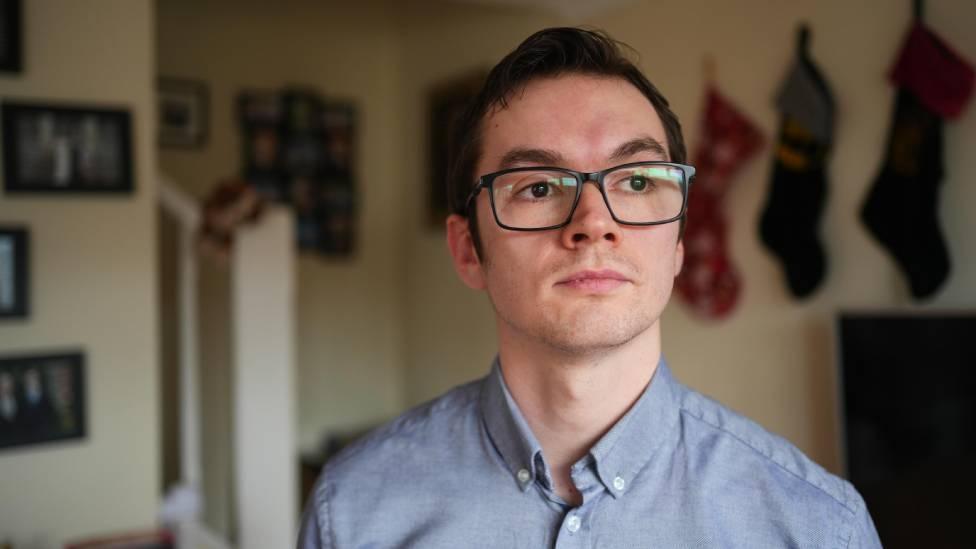
- Published3 January 2023
